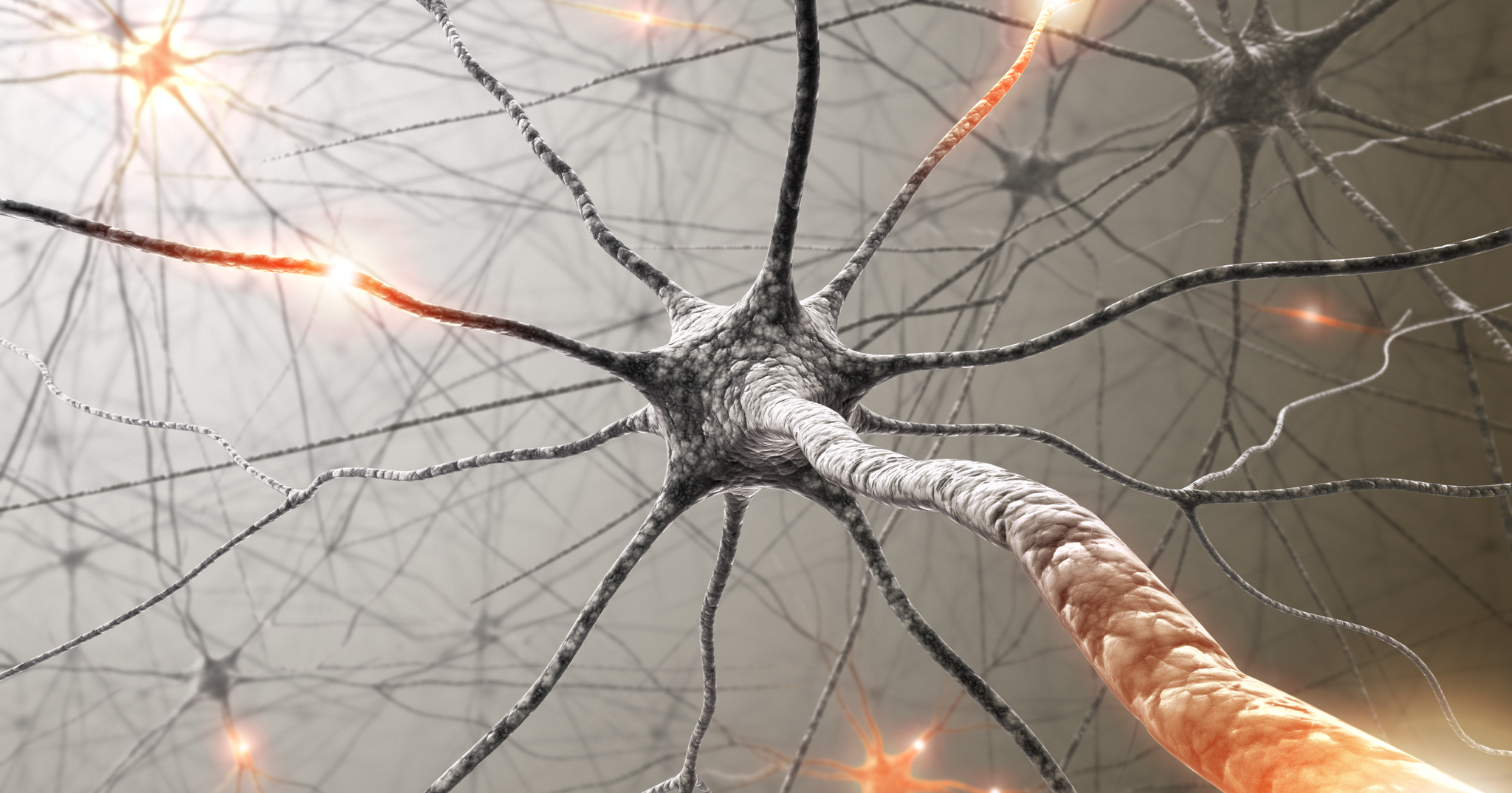Category: Disease Discoveries
-

Previously Unknown Gene Mutation May Increase Risk for Heart Disease
A newly discovered gene mutation may increase a patient’s risk of genetic heart disease, presenting a target for therapy or genetic screening down the road.
-

Students and Trainees Study the Immune System to Improve Heart Tissue Repair
Northwestern Medicine scientists have demonstrated the potential of targeting inflammatory pathways in order to limit tissue damage and improve repair after a heart attack.
-

Toxic Genetic Material’s Origins Discovered
A Northwestern Medicine study found a novel chemical transformation in the formation of colibactin, a toxic agent produced by gut bacteria, including certain strains of E. Coli.
-

HIV Infection Hijacks Intracellular Highways
A Northwestern Medicine study found the human immunodeficiency virus uses proteins called diaphanous-related formins to hijack the cytoskeleton of healthy cells.
-

Scientists Discover Novel Mechanism Underlying ALS and Related Dementia
A study has identified a new mechanism for how a gene mutation leads to the death of neurons in amyotrophic lateral sclerosis and a related form of dementia.
-

Brain Rewiring in Parkinson’s Disease May Contribute to Abnormal Movement
A study published in Neuron suggests the brain’s own compensatory mechanisms contribute to the debilitating motor symptoms of Parkinson’s disease.
-

Genomic Analysis Offers Insights into Cause of Wilms Tumor
A comprehensive genomic analysis of the most common kidney cancer in children – found genetic mutations involving two distinct processes, potentially providing new opportunities for future treatments.
-

Scientists Discover Key Cellular Mechanism Underlying Parkinson’s Disease
The major features of Parkinson’s disease have been linked to a toxic cascade beginning with oxidized dopamine, providing a possible therapeutic pathway.
-

Novel Approach Offers New Insights Into HIV’s Lifecycle
Northwestern Medicine scientists have developed a novel method of tracking HIV infection, allowing the behavior of individual virions to be connected to infectivity.
-

Scientists Identify Mutations in Venous Valve Disease
Mutations in the genes FOXC2 and GJC2 are associated with defects in venous valves, according to a new study published in the Journal of Experimental Medicine.






